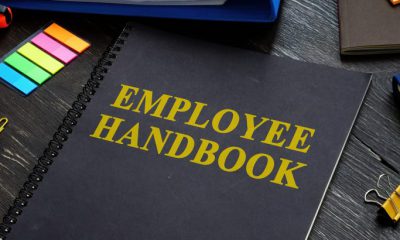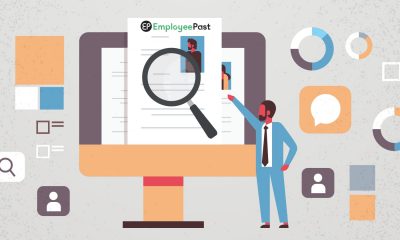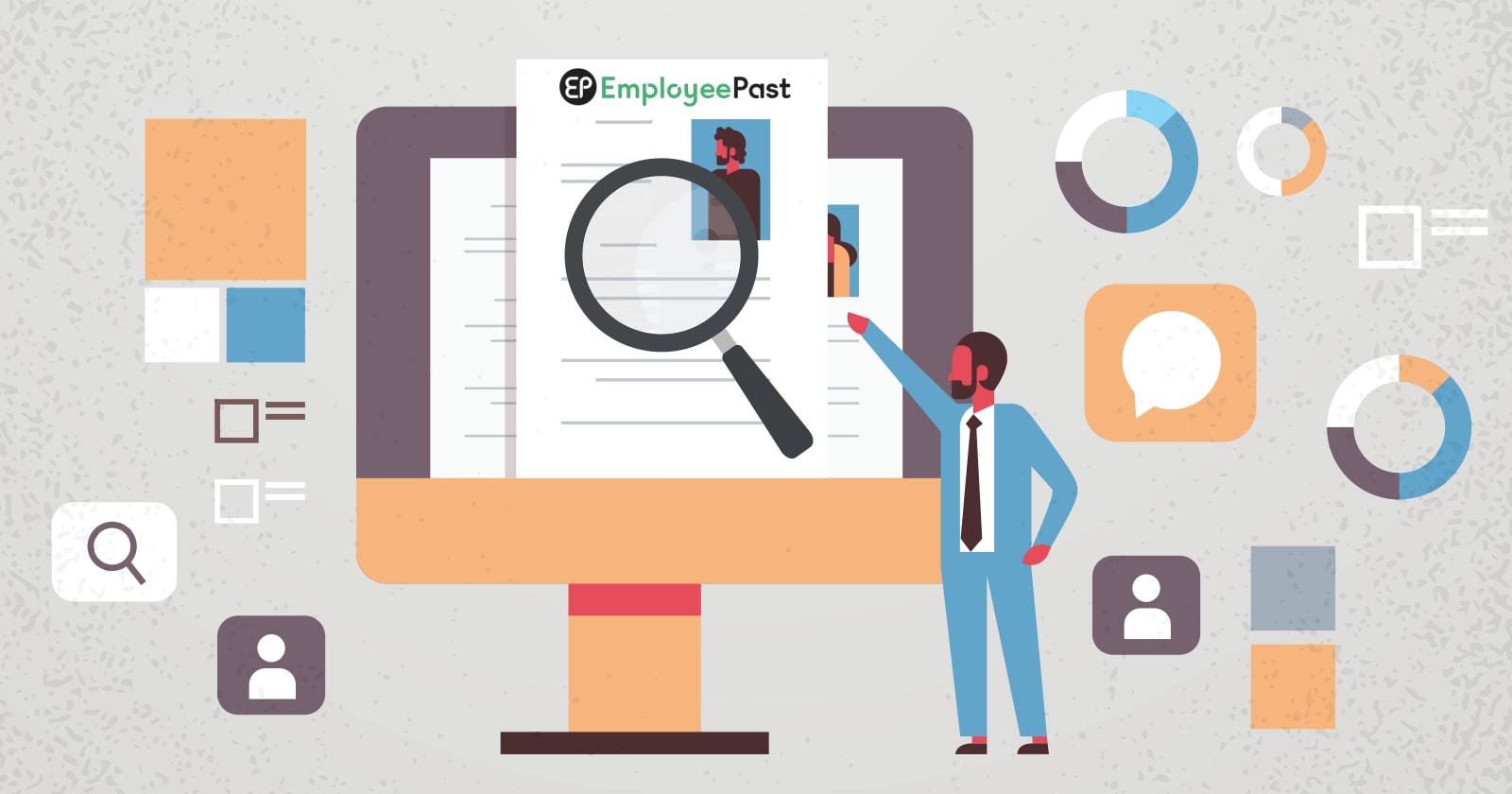A company’s investment in a new employee is significant. The hope is that they will stay with the company for a long time and continue to provide excellent work with a favourable influence on the bottom line.
Regrettably, poor hires do occur. In the best-case situation, you swiftly realise your error, and the person moves on before causing severe injury. In the worst-case scenario, they fail to complete the task, impair workplace morale, or cause other significant issues for your business. In any case, you’ll have to deal with a bad issue and go through the laborious process of rehiring for the position.
Because of a lack of background checks, 43% of employers have made a bad hire. In addition, according to a CareerBuilder poll, 75 percent of HR managers have spotted a falsehood on a CV out of the verified cases.
Conducting background checks before making employment offers to candidates can help you avoid making disastrous hiring. In addition, it will expose any information the person withheld or lied about throughout the interview process, ensuring that your organisation only invests in respectable individuals.
What does a pre-employment background check entail?
A normal background check collects information about a person based on their name, birthday, and social security number from public and commercial databases. A reputable background check company can search all relevant databases and produce an easy-to-understand report on the applicant for the employer to peruse.
A pre-employment background check often includes the following areas:
- Identity verification
- Criminal history
- Employment history
- Education background
- Government-issued licenses
- Motor vehicle records
- Credit check
Why is it necessary to do pre-employment background checks?
Employers frequently do a background check as a final step to make a sound hiring decision and protect themselves from various potential threats.
- Competence on the job : A background check is a reliable tool for many businesses to verify claims made by job applicants throughout the recruiting process. However, in a tight labour market, the appeal of exaggerating school credentials or embellishing work records, for example, can grow.Wouldn’t it make you feel more secure as a potential employee to know that your coworkers have been tested to guarantee that they are competent for the positions they hold?
- Safety in the Workplace :Employers are responsible for the well-being of their staff and the safety of customers, vendors, and visitors.For example, suppose an employer hires someone who harms another employee; in that case, the employer may be held liable for negligent hiring if the employer had reasonable cause to believe the employee was dangerous to others or failed to conduct a proper investigation to determine whether the employee was unfit for the position or could harm others.
- Theft in the Workplace : Insiders, as we all know, are responsible for the majority of business theft nowadays. Employers may use a background check to make more educated hiring decisions, which can help them lower their theft risk.
- Integrity and honesty :A candidate’s confirmed mistake or fabrication during the hiring process is typically enough for an employer to doubt the candidate’s honesty or integrity and potentially exclude them from a job.Look no further than the very public examples of CEOs, high-profile professors, and coaches who embellished their credentials, only to harm the reputation of the employers who failed to conduct a (or a sufficient) background check on them to see how important it is for employers to confirm candidate credentials.
To summarise
For startups and developing businesses, employment verification is critical. Candidates’ backgrounds are revealed through background checks. It also aids organisations in establishing and maintaining confidence with their customers. Using background verification services will help you screen out the bad and keep the good, which is essential for a happy workplace and consistent business growth.


 Performance3 years ago
Performance3 years ago
 Performance3 years ago
Performance3 years ago
 Employee Life Cycle3 years ago
Employee Life Cycle3 years ago
 Recruitment3 years ago
Recruitment3 years ago
 Performance3 years ago
Performance3 years ago
 Performance3 years ago
Performance3 years ago
 Recruitment3 years ago
Recruitment3 years ago
 Employee Life Cycle3 years ago
Employee Life Cycle3 years ago




